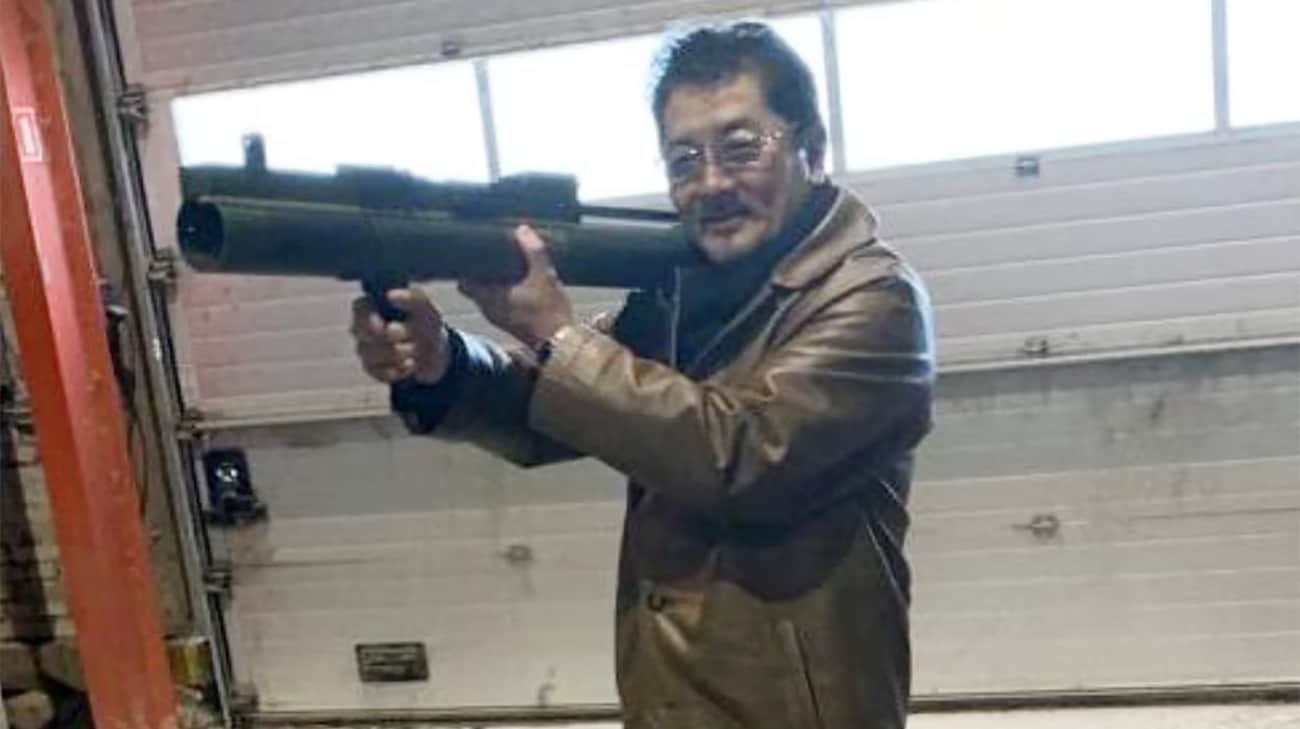“The leader of the Japanese Yakuza crime syndicate, Takeshi Ebisawa, pleaded guilty to illegally moving nuclear materials from Myanmar, which, according to the investigation, he planned to sell to Iran to create nuclear weapons.”, — write: www.pravda.com.ua
The leader of the Japanese Yakuza crime syndicate, Takeshi Ebisawa, pleaded guilty to illegally moving nuclear materials from Myanmar, which, according to the investigation, he planned to sell to Iran to create nuclear weapons.
Source: US Department of Justice
Details: In April 2022, Ebisawa and an accomplice were charged with drug and firearms trafficking and both were taken into custody, according to a statement from the Ministry of Justice.
In February 2024, Ebisawa was indicted on additional charges of conspiring to sell military-grade nuclear materials and deadly narcotics from Myanmar, as well as purchasing weapons on behalf of an armed insurgent group.
“Takeshi Ebisawa admitted today in federal court that he brazenly exported nuclear materials, including weapons-grade plutonium, from Myanmar,” Acting US Attorney Edward Kim said. “At the same time, he worked to ship large amounts of heroin and methamphetamine to the United States in exchange for high-powered weapons such as surface-to-air missiles for use on the battlefields of Myanmar,” the statement said.
According to the indictment, the weapons that were supposed to be part of the deal included US-made surface-to-air missiles taken from US military bases in Afghanistan, as well as other heavy weapons.
Prosecutors claim that 60-year-old Ebisawa “brazenly” transported uranium and weapons-grade plutonium from Myanmar. Since 2020, Ebisawa has bragged to an undercover officer posing as an Iranian general that he has access to large amounts of nuclear material, providing photos of the material along with Geiger counters that record radiation levels.
“Ebisawa then offered to provide the General with ‘plutonium’, which would be even ‘better’ and ‘more powerful’ than uranium, for this purpose,” the statement reads.
Literally: “The laboratory examined the nuclear samples and determined that the isotopic composition of the plutonium found in the nuclear samples is weapons-grade, meaning that the plutonium, if produced in sufficient quantities, would be suitable for use in nuclear weapons.”
Details: One of Ebisawa’s co-conspirators claimed that they “had at their disposal more than 2,000 kilograms of thorium-232 and more than 100 kilograms of uranium in the U3O8 compound (a compound in the form of a uranium concentrate powder known as yellowcake”).
The indictment alleges that Ebisawa offered to use proceeds from the sale of nuclear materials to finance the purchase of weapons for a rebel group in Myanmar.
The Ebisawa plot was discovered and stopped thanks to the cooperation of the authorities of the United States, Indonesia, Japan and Thailand.
Ebisawa pleaded guilty to six counts and faces up to life in prison.
